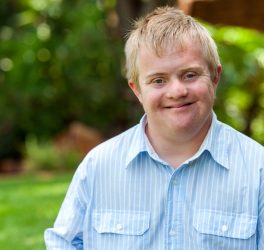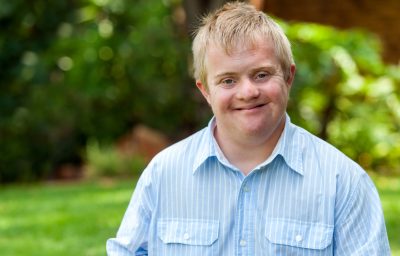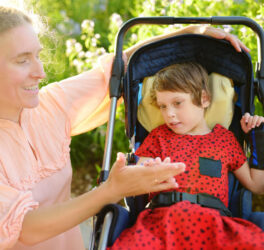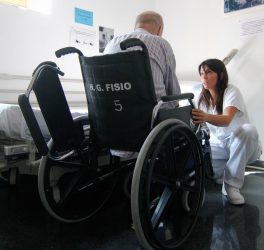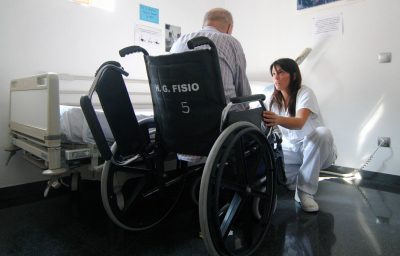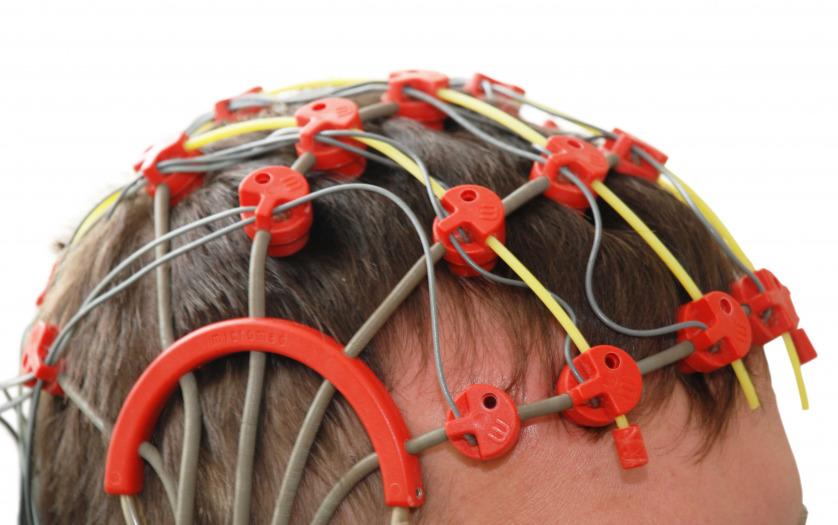
Neurological disorders are the leading cause of disability-adjusted-life-years and the second leading cause of death globally. Despite the global burden that neurological conditions impose, access to both services and support for such conditions is insufficient, especially in low- and middle-income countries.
In November 2020, the Seventy-third World Health Assembly (WHA) adopted resolution WHA 73.10 on Global actions on epilepsy and other neurological disorders, which requested the WHO Director-General to develop an intersectoral global action plan on epilepsy and other neurological disorders in consultation with Member States. The action plan will address the challenges and gaps in providing care and services for people with neurological disorders that exist worldwide and ensure a comprehensive, coordinated response across sectors.
As the first step to develop the intersectoral global action plan on epilepsy and other neurological disorders covering the period 2022-2031, the WHO Secretariat will publish a discussion paper which will be available on this website on 5 March 2021. The discussion paper will include the proposed vision, strategic objectives and a set of recommended actions.
Consultative process:
In order to facilitate the consultation process, a number of mechanisms are being put into place.
- Member States, United Nation (UN) agencies and relevant non-State actors will be invited to share their comments in response to the discussion paper through virtual and web-based consultation. Comments can be provided using an online web-consultation form or by email before 10 April 2021.
- The WHO Secretariat will publish online the consolidated comments received on the discussion paper through the web-based and virtual consultations in the end of April 2021.
- The first draft of the intersectoral global action plan for epilepsy and other neurological disorder will be available for online consultation through this webpage in mid-June 2021.
- Member States, UN agencies and relevant non-State actors will be invited to submit their comments in response to the first draft through web-based and virtual consultations until the first week of August 2021.
- By mid-August 2021, a summary of all comments received from Member States, United Nations agencies and relevant non-State actors during the consultation process will be posted on this website.
- From mid-August to mid-October 2021, WHO Secretariat will prepare a revised draft of the intersectoral global action plan on epilepsy and other neurological disorders for discussion at the Regional Committees
- The intersectoral global action plan on epilepsy and other neurological disorders will be considered by the 150th session of the WHO Executive Board in January 2022.
- Taking into account any guidance provided by the 150th session of the WHO Executive Board, the Seventy-fifth World Health Assembly may be invited to consider the intersectoral global action plan for epilepsy and other neurological disorders.
For more information, contact Dévora KESTEL, Director, Mental Health and Substance Use, kesteld@who.int, +41.22.791.3625

